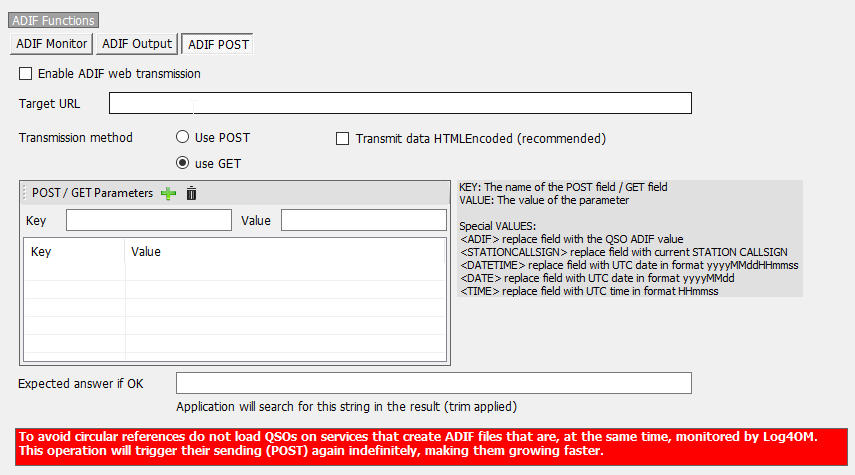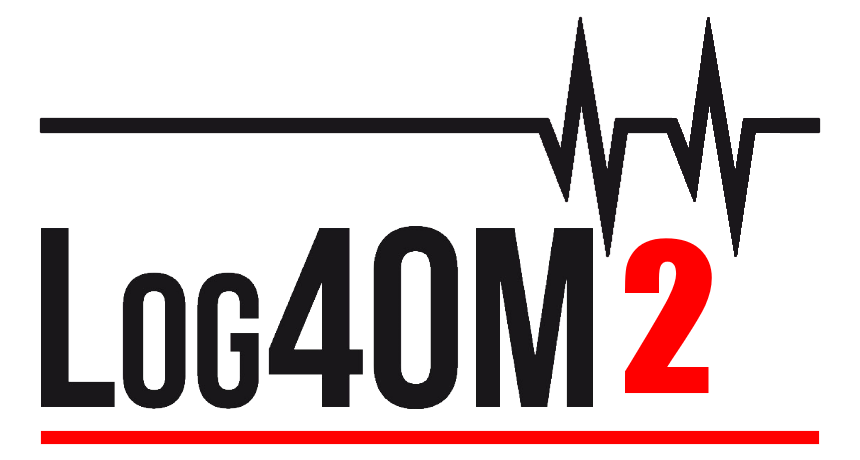Log4OM is integrated with JTAlert, PSTRotator, FLDigi, JTDX, WSJT-x, N1MM, JTAlert and QARTest. Basically every application that can work over UDP can talk with Log4OM

Log4OM features a very powerful open integration engine with which the user can create an unlimited number of UDP inbound connections to accept messages from ADIF, JTDX/WSJT-X, N1MM, QARTEST using an unlimited number of ports simultaneously.
As example Log4OM can receive UDP ADIF messages from 10 different ports into a single Log4OM instance and so combine the QSO’s from several radio operators possibly working in a FT8 contest into a common logbook.
Log4OM can be configured to send ADIF messages to other application so the inbound messages above could be forwarded to perhaps an on line logbook like Clublog.
UDP PROXY will enable you to work with unique UDP messages. If two or more applications need to read a UDP message, only one of them will receive it, Log4OM is able to receive a UDP (if it’s the only listener on that port), use it and rebroadcast the incoming message over a different port, allowing other applications to use the same information.

REMOTE CONTROL will allow you to control Log4OM from another application through UDP using the exchange protocol implemented by Log4OM.
Log4OM is also able to monitor an unlimited number of ADIF files for changes, both on local area disks and over the internet on a website, it can also add logged QSO’s to a ADIF file.
Log4OM is also able to send complete POST messages of every QSO registered (directly saved, received from external sources via UDP or read from by ADIF file monitor) to an external site, allowing the user to upload to an external service or personal online log.
Data can be provided and overlaid with static and dynamic parameters, allowing the user to add a password and other relevant information into the data message.

How to use it?
A remote radio station is shared by a couple of friends, both running Log4OM.
There is a simple online webpage that receives a POST from the station including some extra parameters and it will save a TEXT file with the ADIF data string received. Its configured to provide call sign and ADIF data of the QSO saved.
Once at home, the local Log4OM instance, which is configured to monitor a remote ADIF file, will automatically retrieve the ADIF containing the QSO’s made while operating the remote station. No paper, no USB keys, no ADIF exports, everything is managed by Log4OM. A simple PHP file that does that is included in Log4OM user manual appendix.
